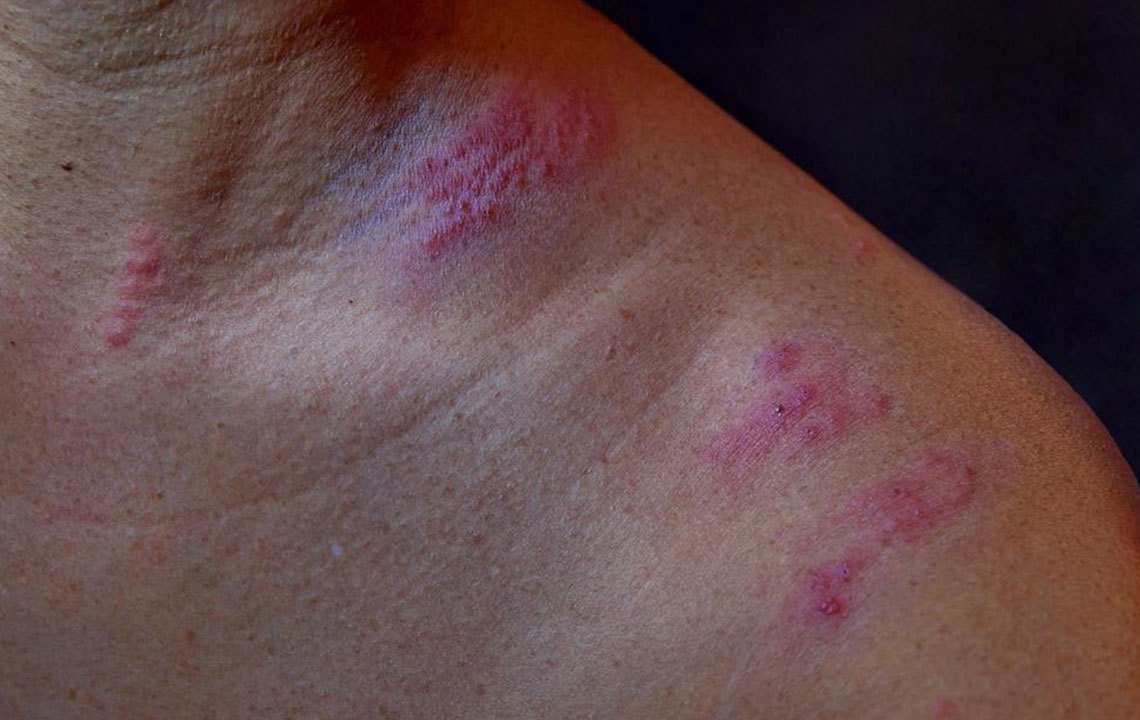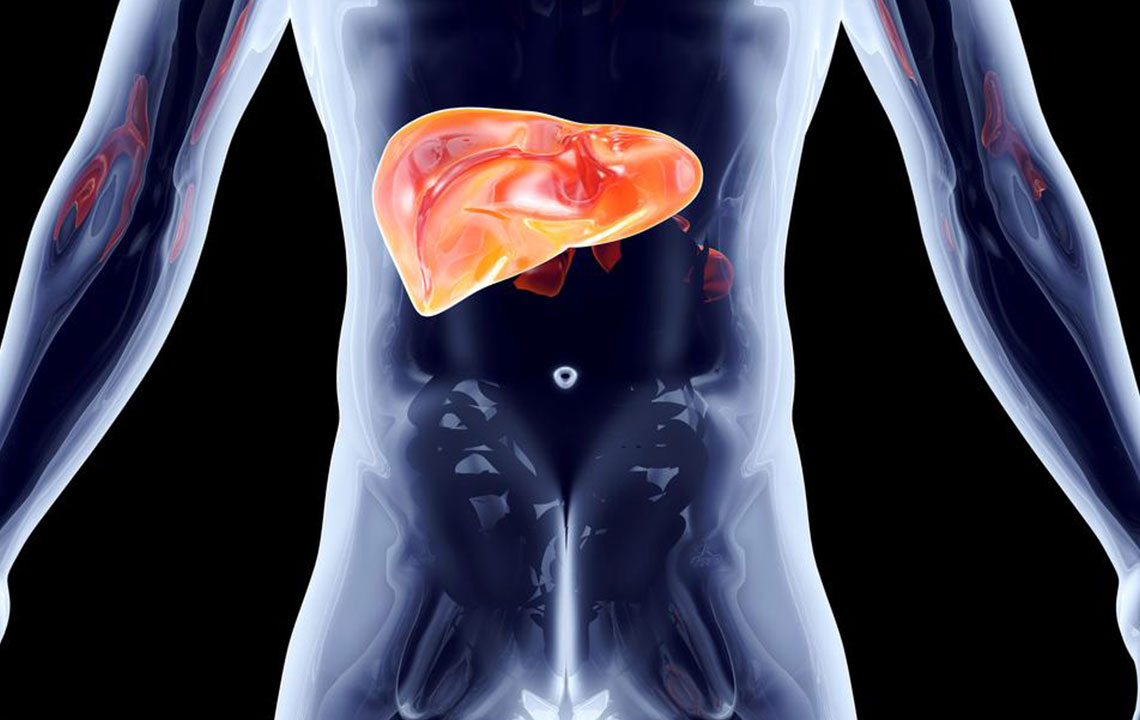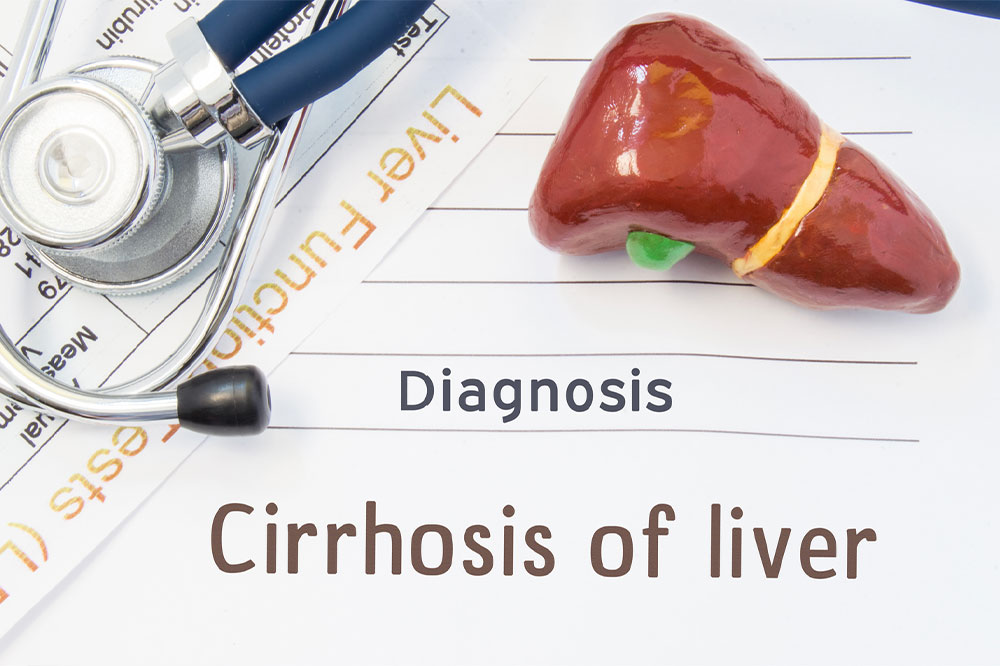Comprehensive Strategies to Prevent Liver Damage from Hepatitis C
This article provides an in-depth overview of effective strategies to prevent liver damage caused by hepatitis C. It highlights the importance of early detection, timely treatment, lifestyle adjustments, and regular monitoring to manage the disease and prevent serious complications like cirrhosis and liver cancer. Understanding these approaches is essential for individuals at risk or diagnosed with hepatitis C to protect their liver health and improve long-term outcomes.

Effective Approaches to Protect Your Liver from Hepatitis C Damage
Hepatitis C is a viral infection that predominantly affects the liver, often leading to serious health complications if left untreated. The progression of hepatitis C varies widely among individuals, depending on factors such as the stage of infection, overall health, and immune response. Early detection and timely intervention are crucial in preventing irreversible liver damage, such as cirrhosis and hepatocellular carcinoma. As the disease advances, the damage becomes more difficult to reverse, emphasizing the importance of proactive management.
Understanding the different stages of hepatitis C and implementing appropriate strategies can significantly reduce the risk of liver complications. These strategies involve a combination of medical treatments, lifestyle modifications, and regular monitoring to maintain liver health and improve long-term outcomes.
Early Detection and Management of Acute Hepatitis C The initial phase of hepatitis C infection, known as acute hepatitis C, often presents without obvious symptoms, making early diagnosis challenging. However, understanding potential exposure—such as shared needles or contaminated blood transfusions—is vital. Prompt recognition allows healthcare providers to start treatment swiftly, which can prevent the infection from becoming chronic and causing severe liver damage. While there is some debate regarding the optimal timing for initiating therapy, most experts agree that early intervention offers the best chance of curbing disease progression.
Handling Chronic Hepatitis C and Preventing Liver Damage Many patients remain asymptomatic in the initial stages, often unaware of their infection until liver damage becomes evident through symptoms like jaundice, abdominal swelling, or abnormal liver function tests. Chronic hepatitis C can silently cause progressive damage, leading to conditions such as cirrhosis or liver cancer if unmanaged. Treatment typically involves antiviral medications administered over a course of 12 weeks to one year, aiming to eradicate the virus and halt further liver deterioration. Regular medical check-ups and blood tests are critical for monitoring disease activity and assessing liver function.
Alongside medication, lifestyle changes such as avoiding alcohol, maintaining a healthy diet, and managing comorbidities can support liver health. Patients should work closely with healthcare providers to develop personalized treatment plans based on disease severity.
In addition to medical therapy, adopting health-conscious habits can significantly influence disease outcomes. For example, avoiding hepatotoxic substances, reducing alcohol consumption, and practicing safe behaviors to prevent reinfection are vital measures. Patients with hepatitis C should also consider vaccination against hepatitis A and B to prevent additional liver stress.
Moreover, consistent monitoring through blood tests helps in early detection of any liver deterioration, enabling timely adjustments to treatment when necessary. Support from family, friends, and healthcare professionals also plays an integral role in managing the disease and improving quality of life.
Overall, managing hepatitis C effectively involves a comprehensive approach that combines early diagnosis, medical treatment, lifestyle modifications, and regular surveillance. Adhering to these strategies can significantly reduce the risk of severe liver damage, improve prognosis, and enhance the patient’s overall well-being.





